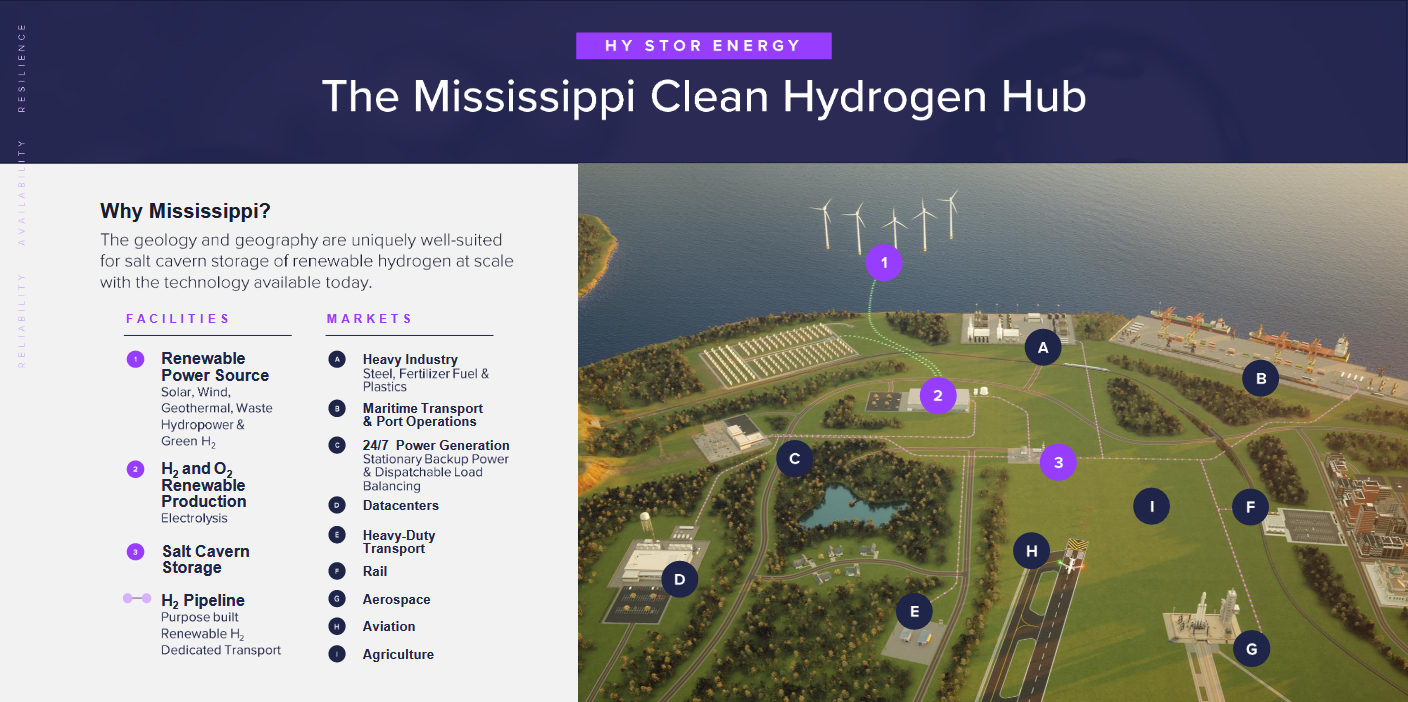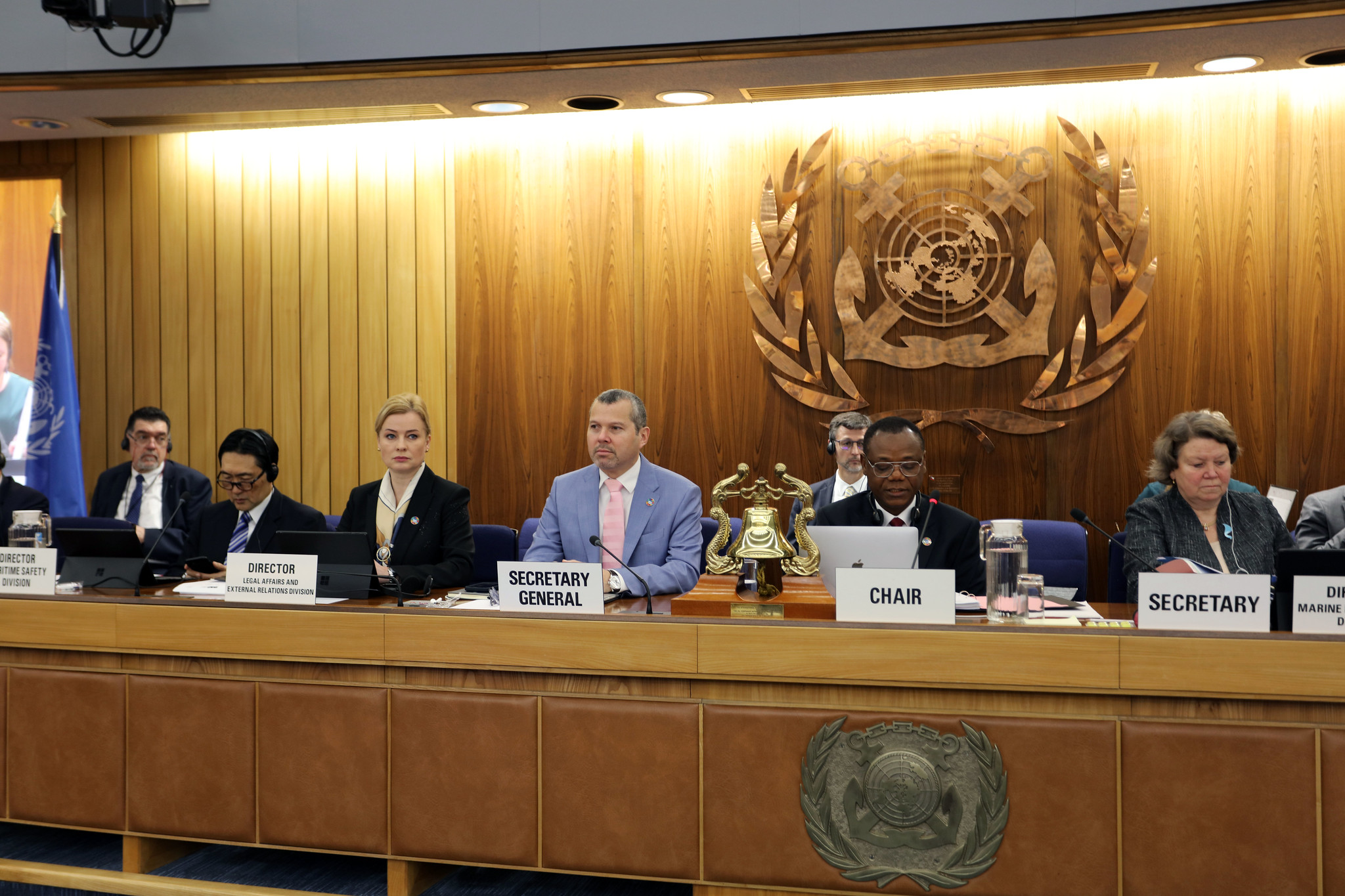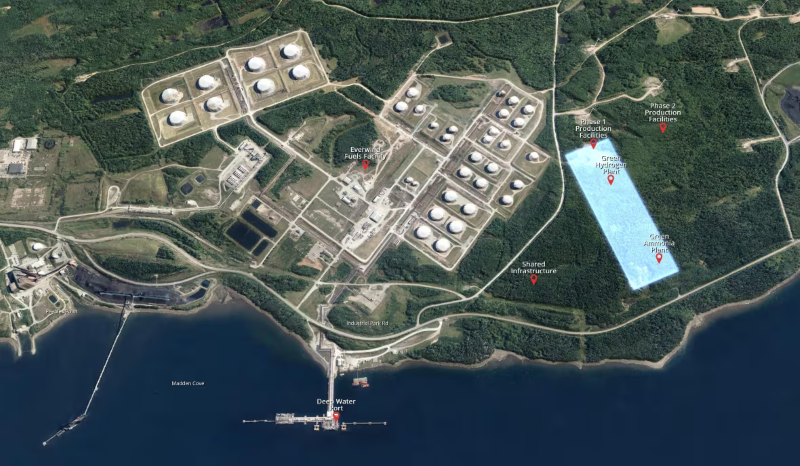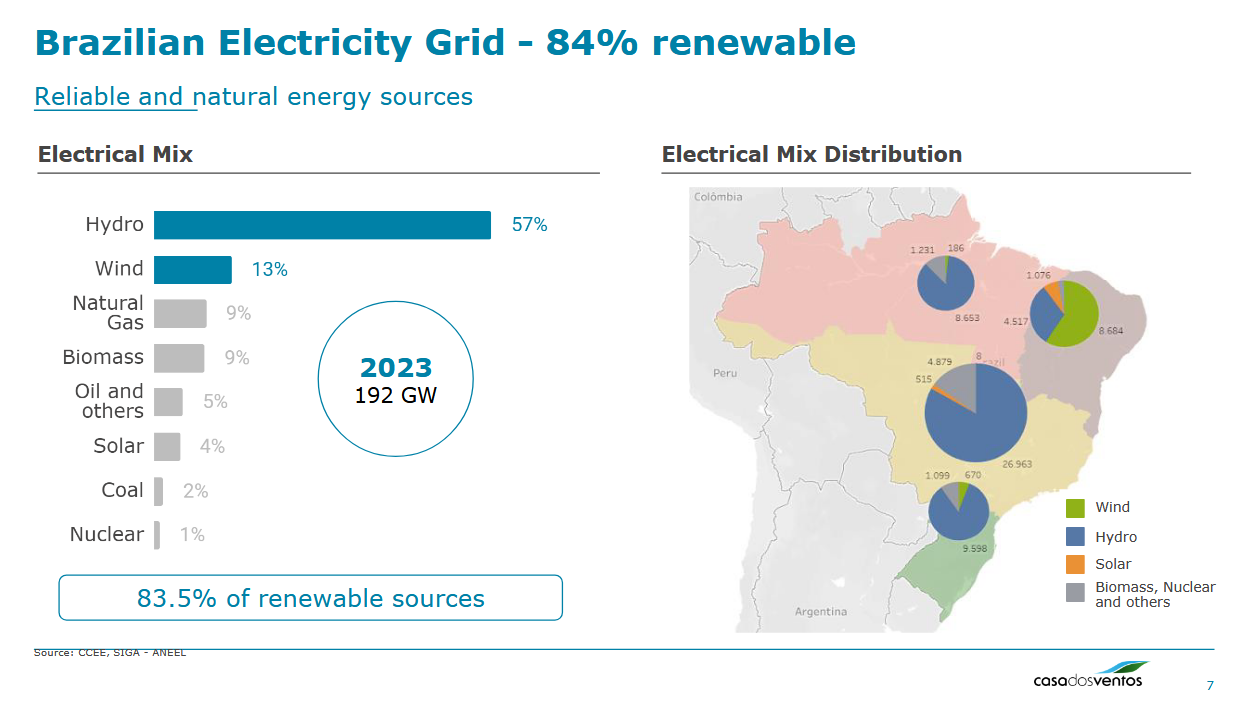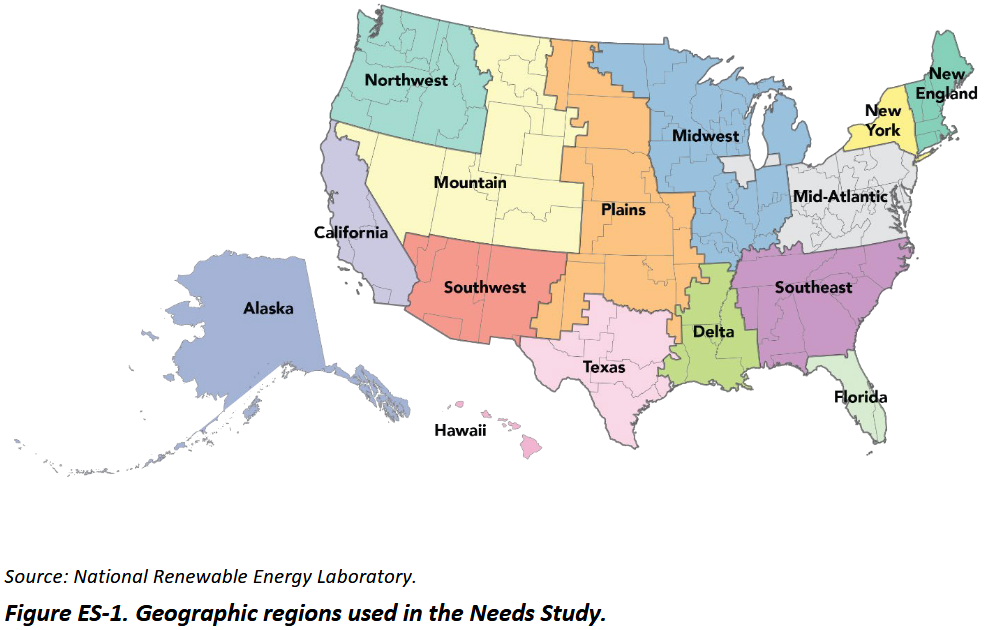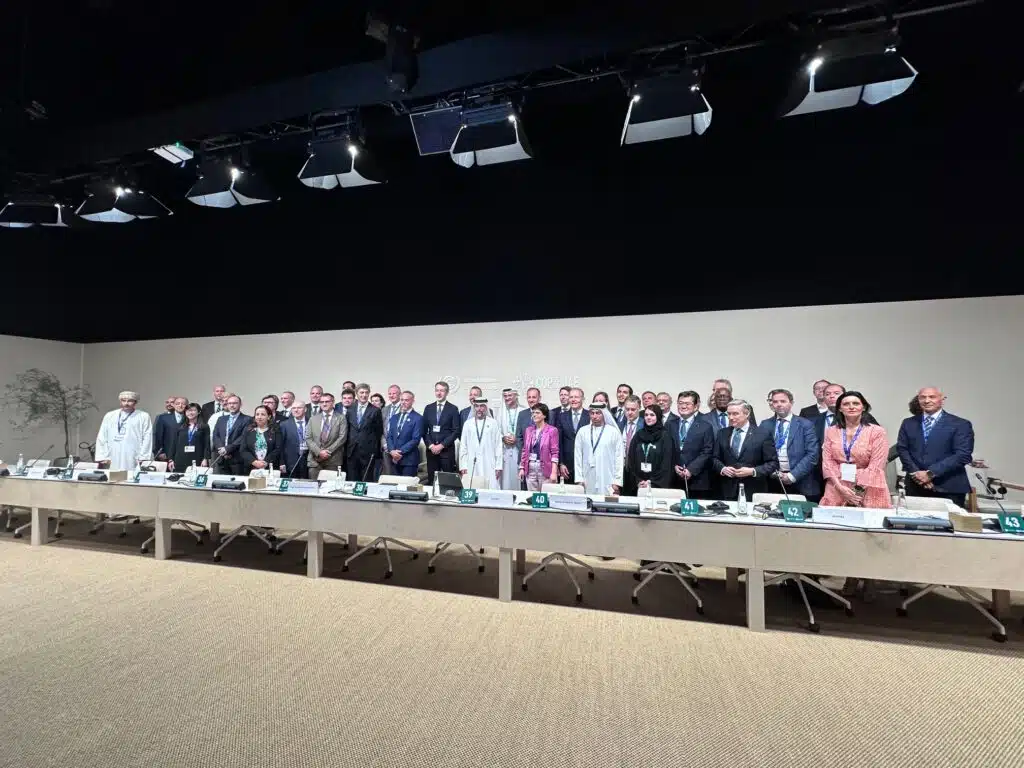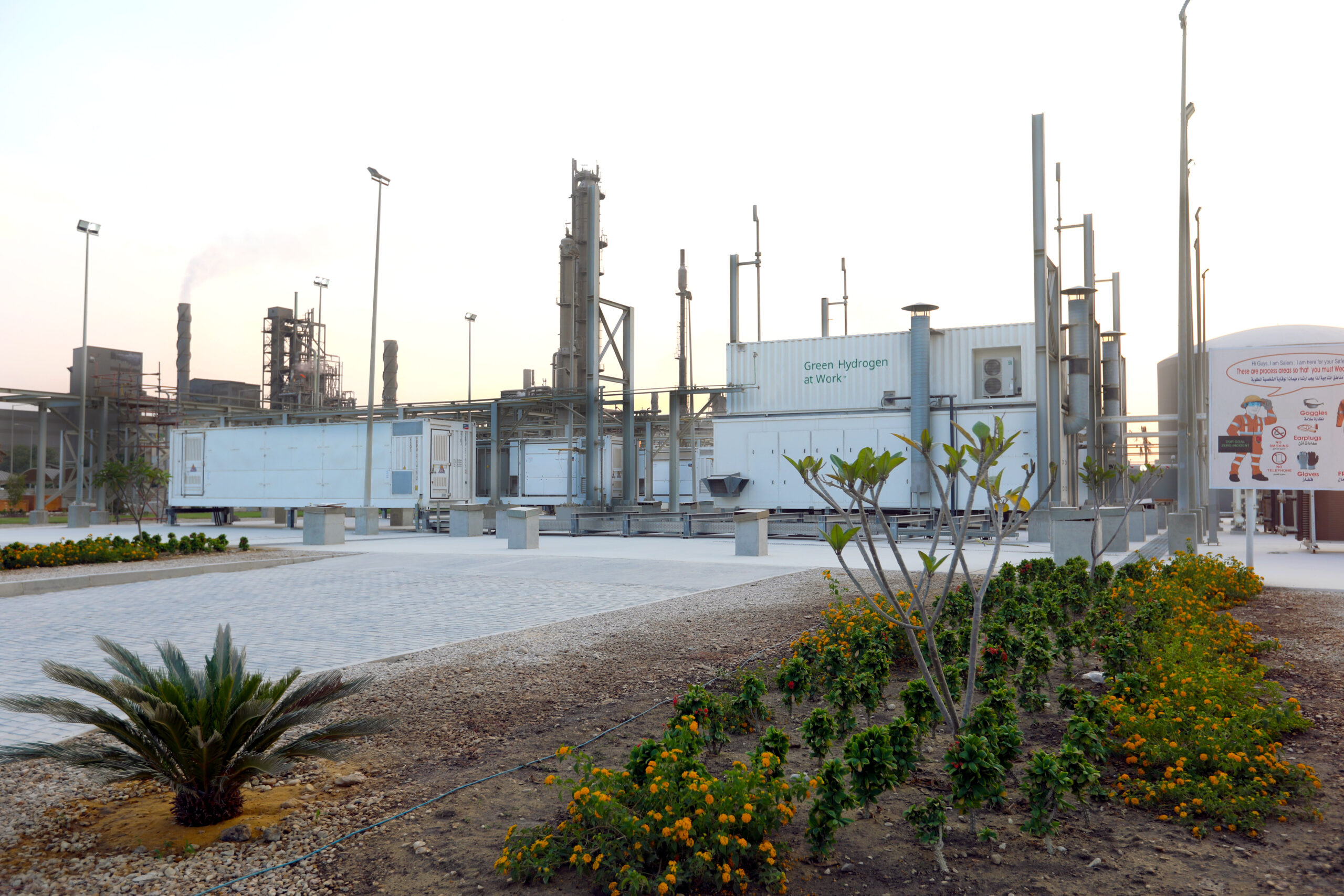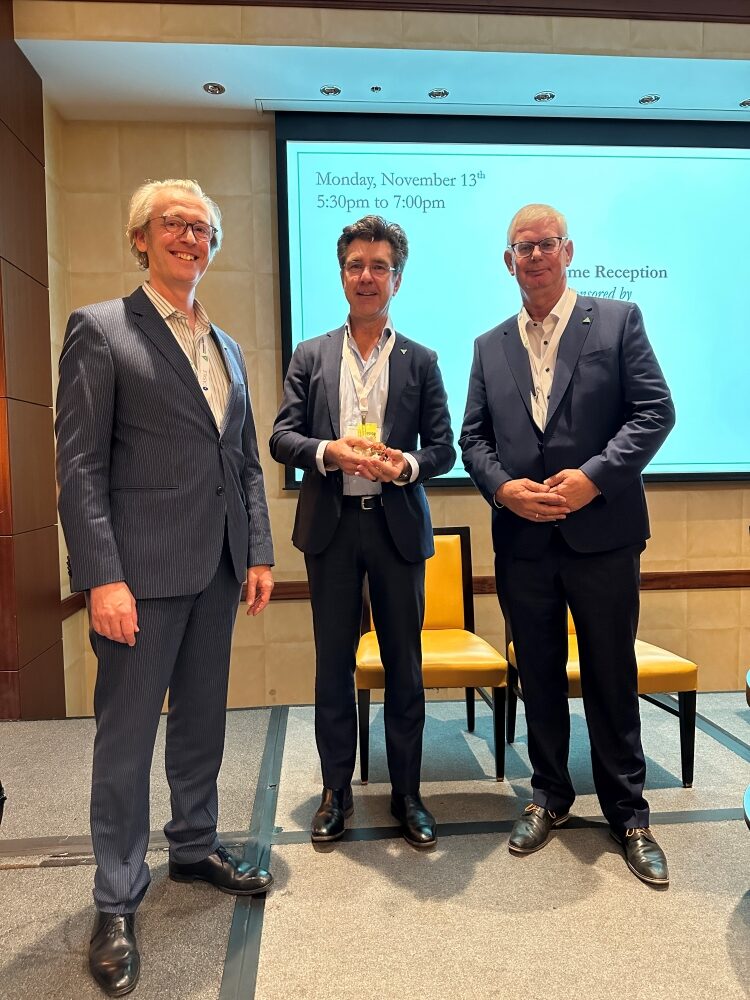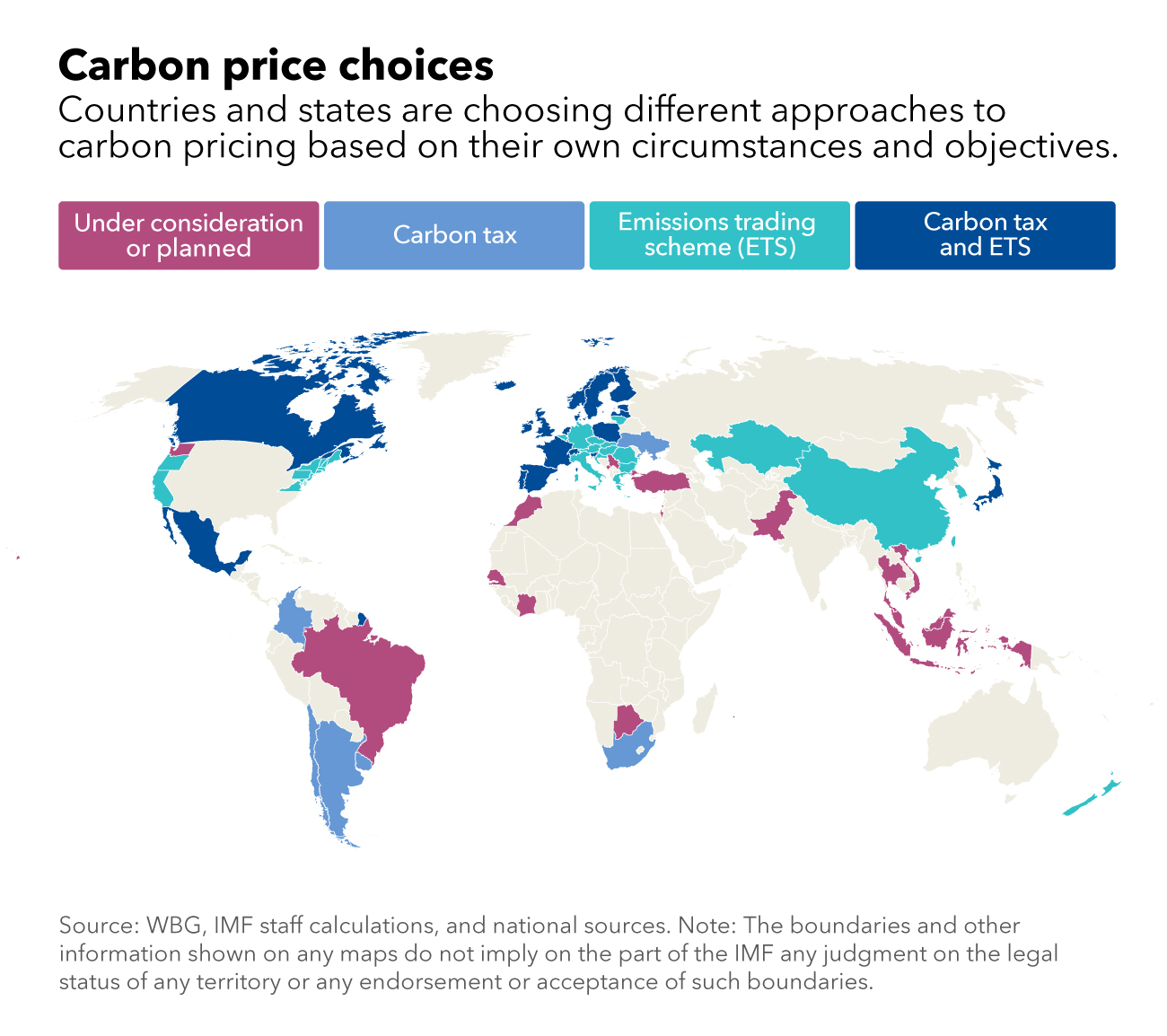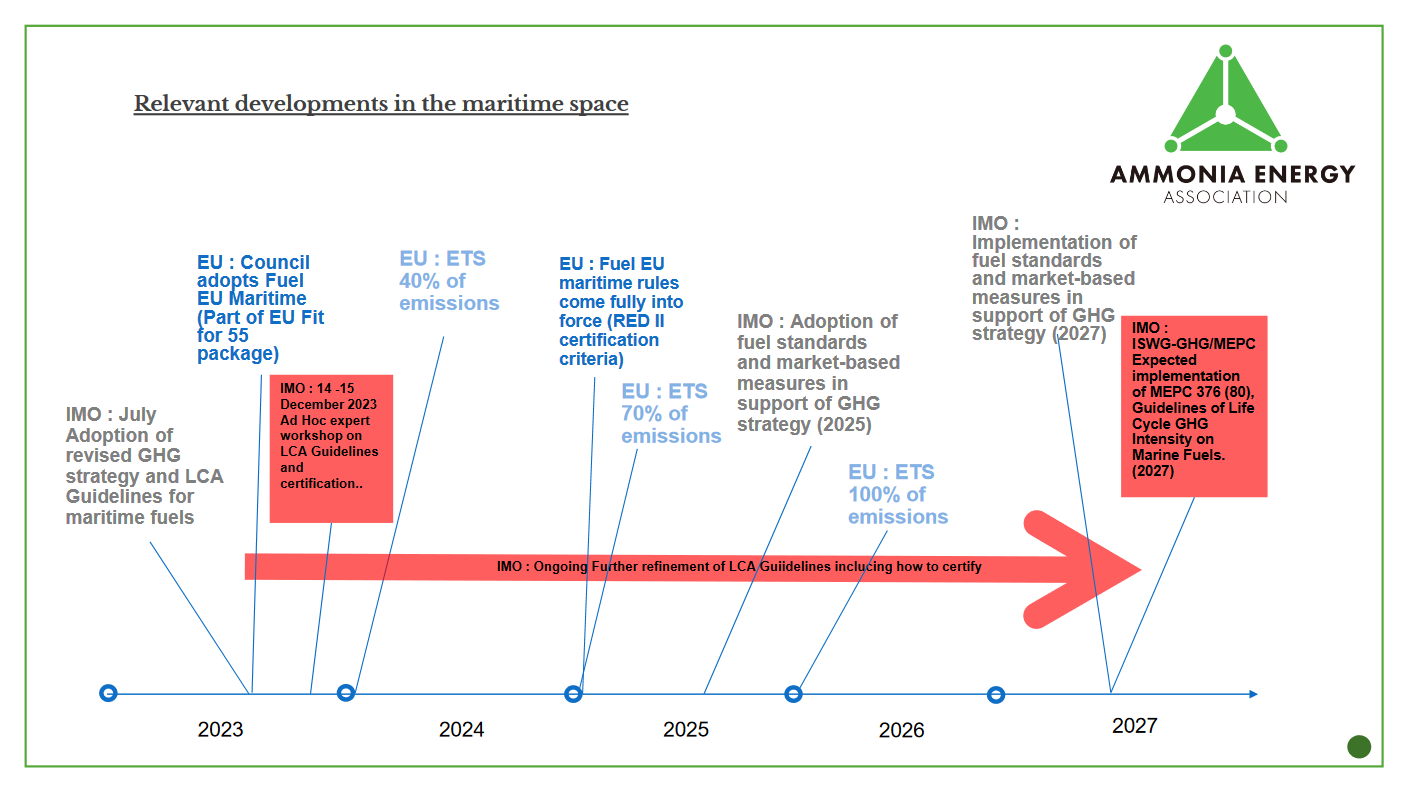Hy Stor & Nel: electrolyser supply for Mississippi-based renewable hydrogen
Nel will supply over 1 GW of alkaline electrolysers for Hy Stor Energy’s hydrogen production and storage hub project in Mississippi, USA. In other electrolyser news, Cepsa and Allied Green Ammonia have picked technology providers for their under-development projects in Spain and Australia.
